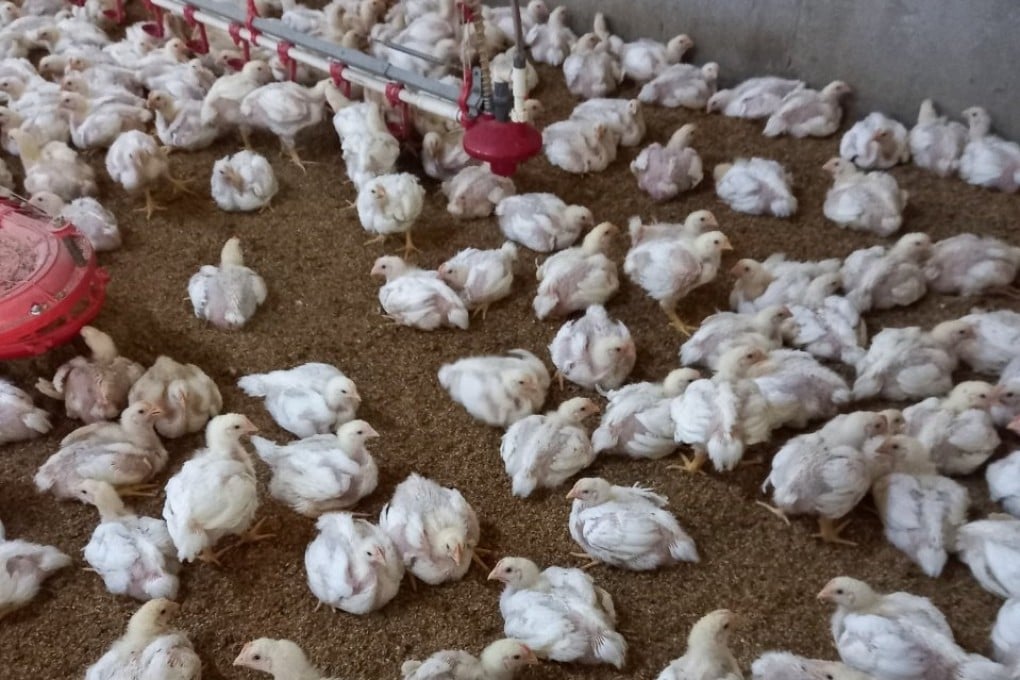Korean fried chicken becomes topic of debate after critic Hwang Kyo-ik rails against ‘tasteless’ meat
- Food critic Hwang Kyo-ik has faced a fiery backlash from South Korea’s poultry industry after a recent Facebook tirade against Korean fried chicken
- He blamed Korea’s ‘bad habit’ of slaughtering chickens at 30 days for the resulting meat being tasteless – saying only seasoning and sauce made it delicious

So when Korean food critic Hwang Kyo-ik took aim at the country’s chickens recently – saying in a series of Facebook posts that they were slaughtered too young, rendering their meat tasteless – it sparked a fiery backlash, not least from the Korean Poultry Association, which accused Hwang of needlessly “denigrating” the industry for a selfish publicity stunt.
“Korean fried chicken is made from birds that only weigh 1.5kg. These are probably the smallest chickens in the world,” Hwang wrote in the post condemning Korea’s “bad habit” of slaughtering chickens too early. “How can a 30-day-old chick contain any taste? Yet we eat them as if they are delicious – and that’s only thanks to the nice seasoning and sauce.”

Chickens can live for six years or more, but will often be slaughtered at a much younger age if being reared for their meat. In Britain, butchers refer to chickens slaughtered around the 30-day mark as poussins or coquelets – though spring chicken is another term that’s often used. In the US, chickens aged about seven weeks are known as “broiler-fryers”, while those aged three to five months are called “roasters”, according to the US Department of Agriculture.
Hwang said Korean chickens lacks the “chunky, juicy bites” of their foreign counterparts, referencing in his Facebook posts a 2014 documentary titled Meat-eating Rebellion Ⅲ – Confession of Popcorn Chicken made by Korean television channel MBC-TV.
The documentary found that many small South Korean farms regularly ship their chickens for slaughter before they reach 30 days old, so that the genetically modified birds do not have time to develop illnesses arising from their overcrowded, badly ventilated living conditions – and any underlying genetic defects they may have.
Poultry companies in South Korea are more than happy to take these “baby chickens” off the farmers’ hands, the documentary said, “as a result of companies’ commercial interests and farmers’ convenience combined”. The birds are often bought from farmers by the kilo, to be sold on to shops and consumers by the head, it said.